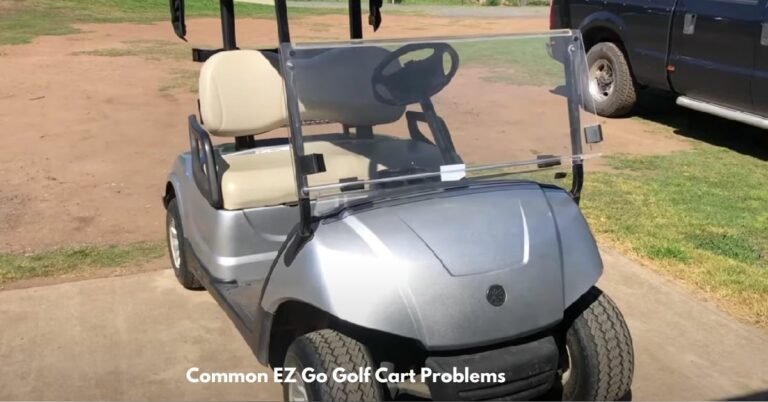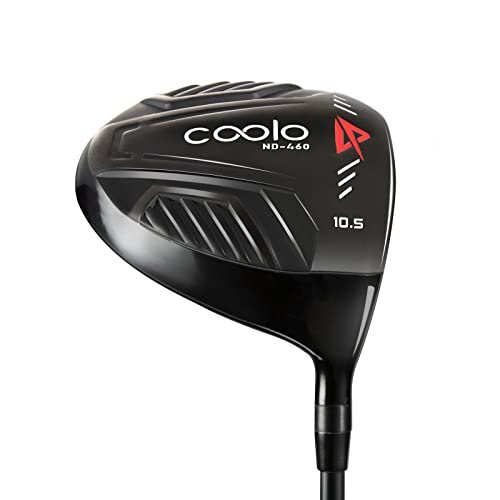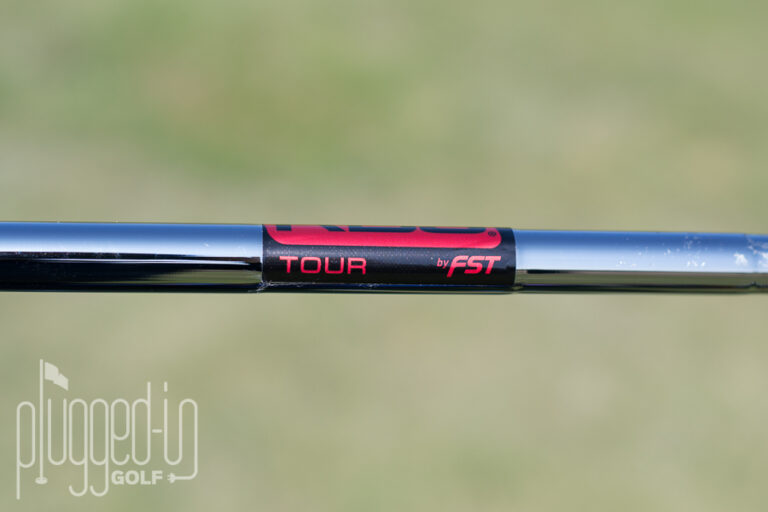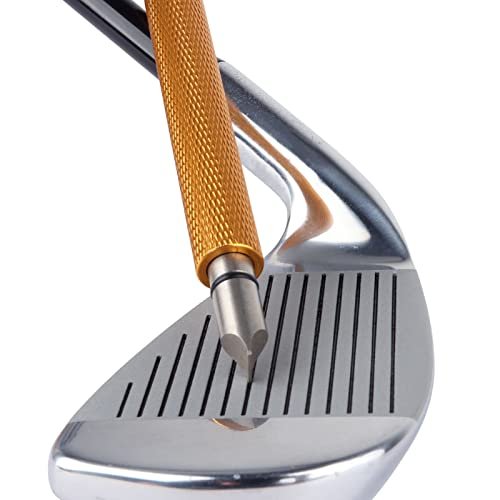Troubleshooting Club Car gas golf cart problems usually starts with identifying common issues like starting failures or erratic performance. Focus on the battery, fuel system, ignition, and motor for quick diagnosis.
Golf enthusiasts relying on their Club Car gas golf carts can sometimes face challenges such as engine troubles, starting difficulties, and inconsistent operation. Being equipped to handle these troubles can save time and avoid frustration on the course. Understanding your cart’s functioning, from its fuel delivery system to electrical components, is essential for efficient maintenance.
Regular inspections can preempt many of the typical problems that golf cart owners encounter. With a well-maintained cart, you can ensure that your focus remains on the game, not on dealing with mechanical hiccups. A structured approach to troubleshooting not only streamlines the process but also extends the lifespan and reliability of your Club Car gas golf cart.
Troubleshooting Club Car Gas Golf Cart Problems
Tackling Club Car gas golf cart problems necessitates a systematic approach. Begin by examining the fuel system for blockages or leaks, ensuring the fuel filters are clean and the fuel pump is in working condition. The electrical system should also be scrutinized, including the spark plugs, battery, and starter. A faltering engine may be due to improper carburetor settings or ignition timing, which both demand careful adjustment.
Before delving into fixes, remember to take the necessary safety precautions. Always work in a well-ventilated area, wear protective gloves and eye gear, and disconnect the battery before starting any diagnostic activities. Understanding the manufacturer’s guidelines can significantly assist in executing precise and safe repairs.
| Issue | Diagnostic Tip |
|---|---|
| Engine Won’t Start | Check battery voltage, inspect spark plug condition. |
| Poor Performance | Assess the air/fuel mixture, verify throttle linkage. |
| Unusual Noises | Examine the drive belt for wear, confirm clutch engagement. |

Credit: www.craborchardgolfclub.com
Quick Fixes For Starting Issues
Inspecting the battery health is a critical step to ensure your Club Car gas golf cart starts reliably. Make sure the battery connections are clean, tight, and free of corrosion. A voltmeter can help determine if your battery is providing adequate voltage. Batteries with voltage below the recommended level may require charging or replacement.
Checking the ignition system, including the ignition switch and coil, is vital for seamless operation of your golf cart. Verify that the ignition switch is functioning properly and the coil is generating a strong and consistent spark. Any malfunction in these components could result in starting issues.
Cleaning or replacing spark plugs can have a significant impact on the cart’s performance. A dirty or fouled spark plug will impede the engine’s ability to fire correctly. Inspect spark plugs for signs of wear or damage and clean or replace them as needed. Ensuring spark plugs are in good condition contributes to optimal engine performance and reliable starting.
Fuel System Troubleshooting Tips
Fuel system issues can significantly impact the performance of your Club Car gas golf cart. Proper fuel flow is essential for the smooth operation of the engine. If you’re experiencing problems, the first thing to check is whether the fuel is reaching the carburetor adequately. A simple way to verify this is by inspecting the fuel lines for any clogs or leaks and ensuring that the fuel pump is functioning correctly.
To address carburetor cleanliness, follow these steps:
- Remove the carburetor from the engine.
- Clean each part with a specialized carburetor cleaner.
- Check the jets and passages for blockages.
- Reassemble and reinstall the carburetor carefully.
Replacing fuel filters is another crucial aspect of maintenance. A dirty or old fuel filter can lead to reduced fuel flow, causing the engine to stutter or stall. Change the fuel filter in accordance with the manufacturer’s recommendations, or anytime you notice a decrease in engine performance.
Electrical Component Solutions
Examining the fuses and circuits of your Club Car gas golf cart is the first step in troubleshooting electrical problems. Ensure all fuses are intact and not blown. A blown fuse could be a sign of a short circuit or overload in the system. Visual inspection and testing with a multimeter can pinpoint issues within the circuits, leading to swift resolution of electrical concerns.
For troubleshooting the starter generator, a common issue with gas golf carts, check connections for corrosion or looseness. The starter generator’s role in ignition and battery charging is vital. Gauging the continuity and the wear of brushes inside the component helps ensure the generator functions correctly.
Solving charging system problems can range from straightforward to complex. Ensure the charger is properly connected and the power source is adequate. Diagnose the battery, looking for signs of aging, such as a bulging case or fluid leaks, which may necessitate replacement. Checking the alternator belts for the proper tension and wear is crucial to maintaining the charging system’s efficacy.
Engine Performance Optimization
Maintaining air filter cleanliness is crucial for the optimal performance of a Club Car gas golf cart. A clogged or dirty air filter can lead to reduced engine efficiency and power. Regularly inspecting and cleaning the air filter ensures that the engine receives adequate airflow for the combustion process. Replacement may be necessary if the filter appears damaged or excessively dirty.
Adjusting carburetor settings is another vital step in enhancing engine performance. Incorrect carburetor adjustments can cause the engine to run too rich or too lean. It’s essential to tune the carburetor for the appropriate air-fuel mixture, which will improve not only the power output but also the fuel efficiency of the golf cart.
Dealing with engine overheating requires immediate attention, as it can lead to serious engine damage. Overheating may stem from a variety of issues, including a blocked cooling system or low oil levels. Ensuring that the engine has sufficient cooling and lubrication is paramount for preventing overheating and maintaining long-term engine health.
Regular Maintenance Routines
Regular maintenance routines are essential for the optimal performance and longevity of Club Car gas golf carts. Ensuring scheduled periodic tune-ups are conducted can prevent most problems before they arise.
Oil changes play a pivotal role in engine health. Clean oil lubricates moving parts and expels impurities, which is crucial for maintaining a smooth-running engine. It’s imperative to follow the manufacturer’s recommendations for oil change intervals to ensure consistent engine performance.
Tire pressure and alignment check-ups are necessary for safety, fuel efficiency, and reducing wear. Properly inflated tires contribute to stable handling and even tread wear, while correct alignment ensures straight driving and minimized stress on the vehicle’s suspension components.
Responding To Unusual Noises
Golf cart owners often encounter strange noises emanating from their vehicles. To swiftly address these sounds, it’s crucial to initially determine the source. The problem might lie with the belt and pulley system; a worn or damaged belt can emit a squealing or rattling noise. Regular inspections can prevent such occurrences.
Upon inspection, if the belt appears frayed or broken, replacement is necessary. Moreover, it’s important to check the pulleys for misalignment or damage. Ensuring these components are in good condition can eliminate unwanted noises and keep your golf cart running smoothly.
Should the noise originate from other areas, tightening loose components or mounts can typically resolve the issue. Vibration caused by loose parts often results in rattling sounds, so securing all mounts and connections is a wise step in troubleshooting your golf cart’s unusual noises.
Resolving Acceleration Hiccups
To ensure your Club Car gas golf cart performs at its peak, periodic adjustment of the governor is necessary. This component regulates engine speed and, when properly tuned, contributes to better acceleration responsiveness. Begin by locating the governor – typically near the carburetor – and make small adjustments while testing for improved response.
Cleaning the clutch also plays a crucial role in maintaining smooth operation. Dirt and debris can accumulate over time, leading to jerky starts or stalls. Thoroughly cleansing the clutch components can eliminate these issues and restore seamless acceleration. Use a dedicated cleaner and follow the manufacturer’s instructions during the process.
Seeking professional help becomes essential when these initial troubleshooting steps don’t resolve the issues. Persistent problems could indicate more complex mechanical faults that require expertise. Trust a certified technician to diagnose and correct problems beyond basic maintenance for optimal golf cart performance.
Frequently Asked Questions For Troubleshooting Club Car Gas Golf Cart Problems
Why Is My Club Car Golf Cart Not Starting?
The most common reasons include a dead battery, faulty spark plug, or dirty carburetor. Ensure the battery is charged and check for a secure connection. Clean or replace the spark plug if necessary, and clean the carburetor to remove any blockages.
How To Fix Power Loss In Club Car Carts?
To address power loss, inspect the fuel filter, air filter, and fuel pump for any clogs or wear. Replace filters if they are dirty, and ensure the fuel pump is functioning properly to maintain a consistent fuel flow to the engine.
What Causes A Club Car Engine To Overheat?
Overheating in Club Car engines can occur due to low oil levels, a blocked cooling system, or a damaged water pump. Check and refill oil as needed, remove any debris blocking cooling fins, and inspect the water pump for efficient operation.
How To Troubleshoot Club Car Backfiring Issues?
Backfiring can be caused by unburnt fuel in the exhaust system. Check the timing and adjust if off. Also, inspect the carburetor for proper fuel and air mixture, and ensure there are no leaks in the exhaust system.
Conclusion
Facing issues with your Club Car gas golf cart can be frustrating. Nonetheless, with the right approach and knowledge, most problems are solvable. Remember to routinely check for common issues like battery health, spark plug function, and fuel system integrity.
By staying proactive and addressing concerns early, your golf cart will remain a reliable companion on the greens. Let’s keep those wheels in motion!





